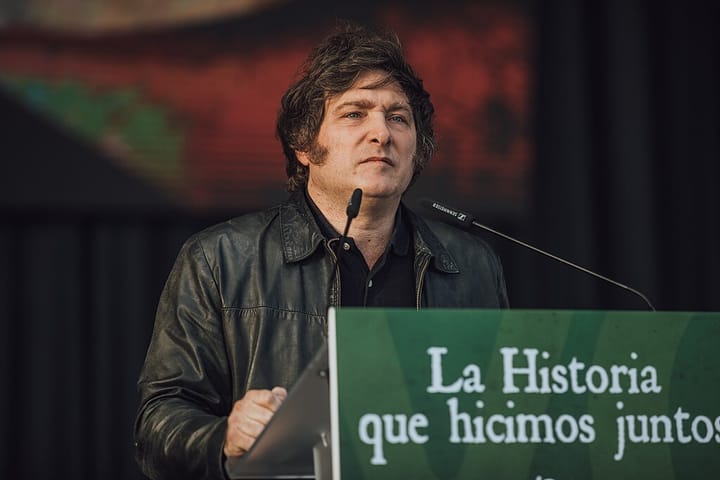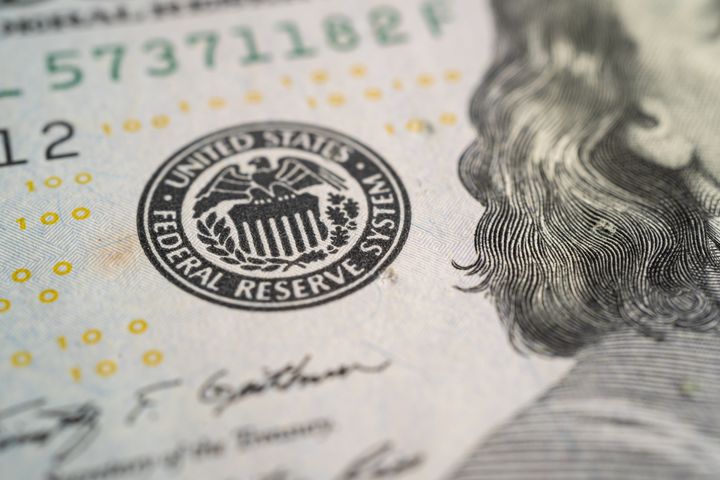Really Good Reasons Why Libertarians Hate Banks

First of all, we are using the word “libertarian” loosely. Really, it is just a placeholder term for anyone who believes in personal, financial, and location independence.
Secondly, libertarians don’t hate banks. However, the general bureaucracy, invasion of privacy, and control of your assets do not provide a warm and fuzzy feeling.
But ok, maybe banks have their place in day-to-day functions. In What Is A Bank And How Does It Work, Forbes describes it as such:
Banks, whether brick-and-mortar institutions or online, manage money flow between people and businesses. More specifically, banks offer deposit accounts that are secure places for people to keep their money. Banks use the money in deposit accounts to make loans to other people or businesses.
In return, the bank receives interest payments on those loans from borrowers. Part of that interest is then returned to the original deposit account holder in the form of interest—generally on a savings account, money market account or CD account. Banks primarily make money from the interest on loans and the fees they charge their customers.
Hmm, again, let’s qualify our previous statement: Banks used to have a useful place in society. But, today, there are multiple alternative options to using traditional banks for basically anything under the sun – which is what millennials and Gen Z are already practicing.
No, libertarians don’t hate banks.
We hate central banking.
What is Central Banking, and why is it bad?
In a July 2022 article called The Age Of Credibility for Central Banks Are Over, Bloomberg writes, “Inflation blunders have destroyed the trust that’s anchored the global financial system since the end of the gold standard.”
(And you know if Bloomberg says it it must be true)
So that’s one thing – there’s no trust. In addition, central banks are:
Secretive: The biggest criticism against the central bank is that its operations are very secretive. Many times their actions are completely unexpected. Many past financial crises have only occurred because the central bank took unexpected action. To prevent this from happening again, central banks must ensure smooth transitions. Their policies should not be secretive and should not shock the economy.
In Favor of Big Banks: Many analysts think that all the policies created by central banks favor big banks and not the common people. For instance, their biggest goal is to reduce inflation. However, after the 2008 crash, they followed the quantitative easing policy to save the big banks. This has ended up creating more inflation than any government policy ever has.
Why aren’t Libertarians fans of the Federal Reserve?
The Federal Reserve System is the central bank of the United States. As the nation's central bank, it performs four key functions in the public interest to promote the health of the U.S. economy and the stability of the U.S. financial system:
- conducting national monetary policy,
- supervising and regulating banks,
- maintaining financial stability, and
- providing banking services.
While the progressive tax system and welfare state involve stealing from the rich to give to the poor, the Federal Reserve enables the opposite: stealing from the poor and giving to the rich. The “stealing” occurs via inflation — the Fed constantly creates money out of thin air, which causes the dollar to depreciate over time. This robs the poor of their purchasing power, erodes their savings, and makes it harder for them to get ahead. The “giving” occurs because bankers and those well-connected can access this Fed money before it becomes devalued — taking out cheap loans, placing it into an investment that yields a little more than the Fed’s artificially low-interest rate, and pocketing the difference. The poor get poorer and the rich get richer. This is a big reason we have a large wealth disparity gap in the United States.
Have a look at this chart, which shows inflation since 1775 and how it really took off in 1933.
Since 1913, the dollar's purchasing power has decreased by 96%. Looking at it another way, it takes roughly $30 to purchase the same goods that $1 did in 1913. (US Inflation Calculator)
The are other problems as well. Keeping the cost of money artificially low via the interest rate set by the Federal Reserve often creates market distortions, excessive risk-taking, and profligate behavior as cheap money floods the system. This frequently leads to bubbles (as money chases a return in certain booming assets) and subsequent crashes. This is also seen with our federal government, which borrows and borrows largely because it is not paying the proper interest rate cost associated with that borrowing. The result is our $19 trillion dollar federal debt and all the problems and tremendous risks that come with that.
Statists (those who generally support big government and centralized economic control) see the Fed as a stabilizing mechanism for social and economic good and don't bother to think much about it. Being skeptical of government in general, libertarians are open to deeper analysis and seeing the Fed for what it is: an institution that undermines and destabilizes our currency using a “trickle-down” economic philosophy that mostly benefits the more well-off at the expense of the poor. The Fed is like a drug dealer, except that what it sells is money and its addicts are the government, banks, and those with access to low-interest loans.
But, it’s not only Libertarians who hate banks!
Lots of people hate banks, with good reason.
Banks come in handy for the services they provide, such as cheques, wire transfers, foreign exchange, and other payment-related services. You don't have to trust them for this.
However, it's not the bank so much, it's the fact that governments with massive deficits now know about every penny in those banks, and increasingly, they know everything about the people the money belongs to.
There are two purposes for your money from the bank's and government's perspectives.
- The government wants to be able to see how much you earn. The OECD has openly said that one-off confiscation of government-defined “excess wealth” would be acceptable to the majority of the public and is a way to return to financial sustainability.
- Banks want your money to be able to distribute among the ones who can pay the required interest (the only major part of a bank's income.) Secondly, consider that governments are already stealing from people with cash and giving it to people with debt with insignificant interest rates. You get nothing while inflation shrinks debt.
You see, banks are just intermediaries. For example, teapots are intermediaries between the tea and you. It's not worth keeping money in banks just as it is foolish to keep tea in a teapot for a long. It turns morbid.
Now, if your idea is to just park your money in the bank and leave it that way, you won't find much difference in the interest rates on bank deposits. If your idea is to invest your money somewhere, so it will grow… well… that’s a different story.
Not everyone is trustworthy. We live in a world where many people have a lot of incentives to mislead you for a profit of one kind or another.
Invest elsewhere. Banks are a bad place for money.




